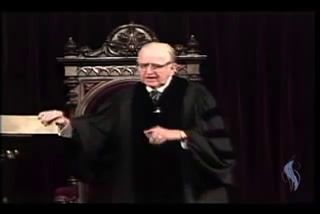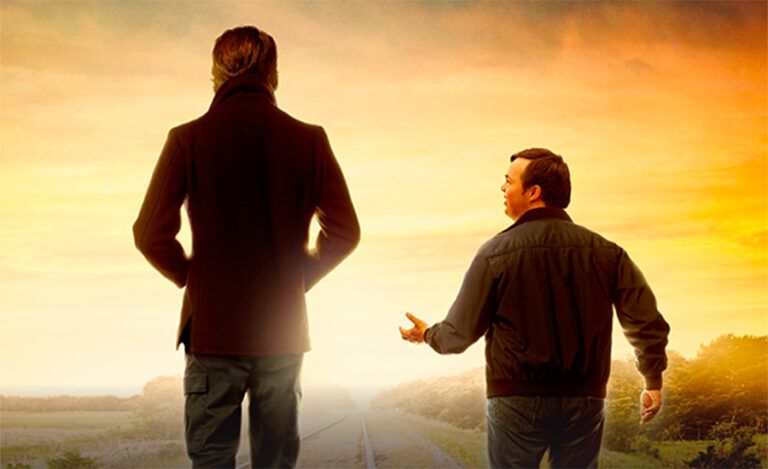
Elizabeth Sherrill on Gaudi’s Basilica de la Sagrada Familia
Guideposts’ longtime contributing editor discusses the life and inspiring works of legendary architect Antoni Gaudi.
View Transcript
Hi, I’m Elizabeth Sherrill. Tib Sherrill is the name I like best. And I’m a Guideposts editor.
As all tourists have, I’ve been to the beautiful, beautiful cathedrals across Europe, but never have I stepped into a church where I felt the holiness of God so wrap you around as you step in. I think it was the light, something about the quality of the light, and the color, the size of the place. They were just something heavenly.
You suddenly were not quite sure where you were, whether you were on this planet or whether you were in another realm altogether. Such imagination had gone into that place. All the work of this one amazing man.
It was an amazing story because he grew up a very poor boy with all the disadvantages of…I know at one point, he was crippled with arthritis from a child, but he still worked in a factory as a bellows-boy. That was going to be his life.
But one day, the foreman, the owner of the factory came by and saw this child reading, sneaking a book, and he asked the boy, “What’s that book you’re reading?” And the little boy was terrified ’cause he knew that he would be fired right away, and he said, “It’s a book about arithmetic, sir.” The owner was so surprised to hear that. He thought it would be a forbidden adult romance, or maybe an adventure story, but instead, a book about arithmetic. He began asking questions and eventually he agreed to sponsor this child through high school, through secondary school, which would not have been possible.
So, from then on, Gaudi went to school, and then he apprenticed himself to a master-builder for another four years, and when he graduated from there, master-builder was no longer the term, there was a new term, which was architect. He was now an architect, which was unheard of, for a boy from his humble circumstances, and he became a very wealthy man.
His designs were original and daring and very much designs of the future. As Barcelona grew and exploded out of its old medieval center, Gaudi became probably the best-known architect in the world. People came from all over to study his work.
Having made a fortune, and having enjoyed having a carriage with matching white horses and with tailor-made clothes and having his beard trimmed in the latest fashion and so on, he was just living the life of a wealthy man, he began less and less to work with his wealthy clients and building, doing the townhouses and so on, and started working on this church which, at the time he inherited it, it was just a hole in the ground.
It had been started by a man who had a vision for a church, but spent 30 years trying to raise enough money to get it started, and on his death, Gaudi inherited this. It was called the Holy Family, I think it was something about the name, Holy Family, because by then Gaudi didn’t have a family. His family had died and also, it was called the People’s Cathedral, mocking. The People’s Cathedral which was a put-down word for the gentry, who would be hiring an architect.
And Gaudi at his heart remained that poor boy, he remained that simple, poor lad. He stopped doing prestigious assignments and taking on townhouses and began turning all his fortune and all his time to this church until it completely monopolized his life. And times were hard, and they were especially after the First World War. He would stand out in the street with his own hat, passing it, asking for donations, begging for donations for this church. So he ended a very poor man, shabby, shabbily dressed, and supremely happy.










